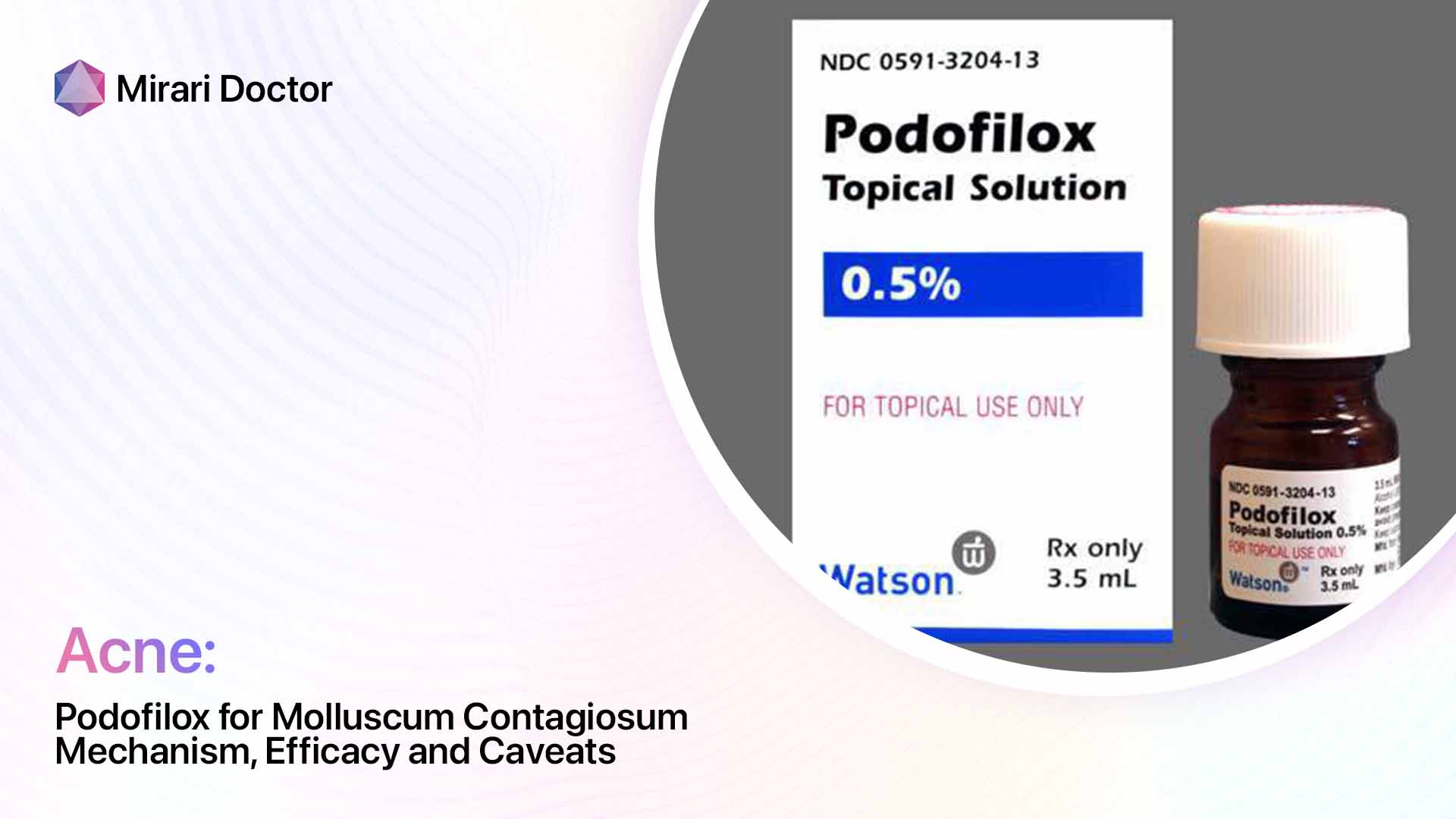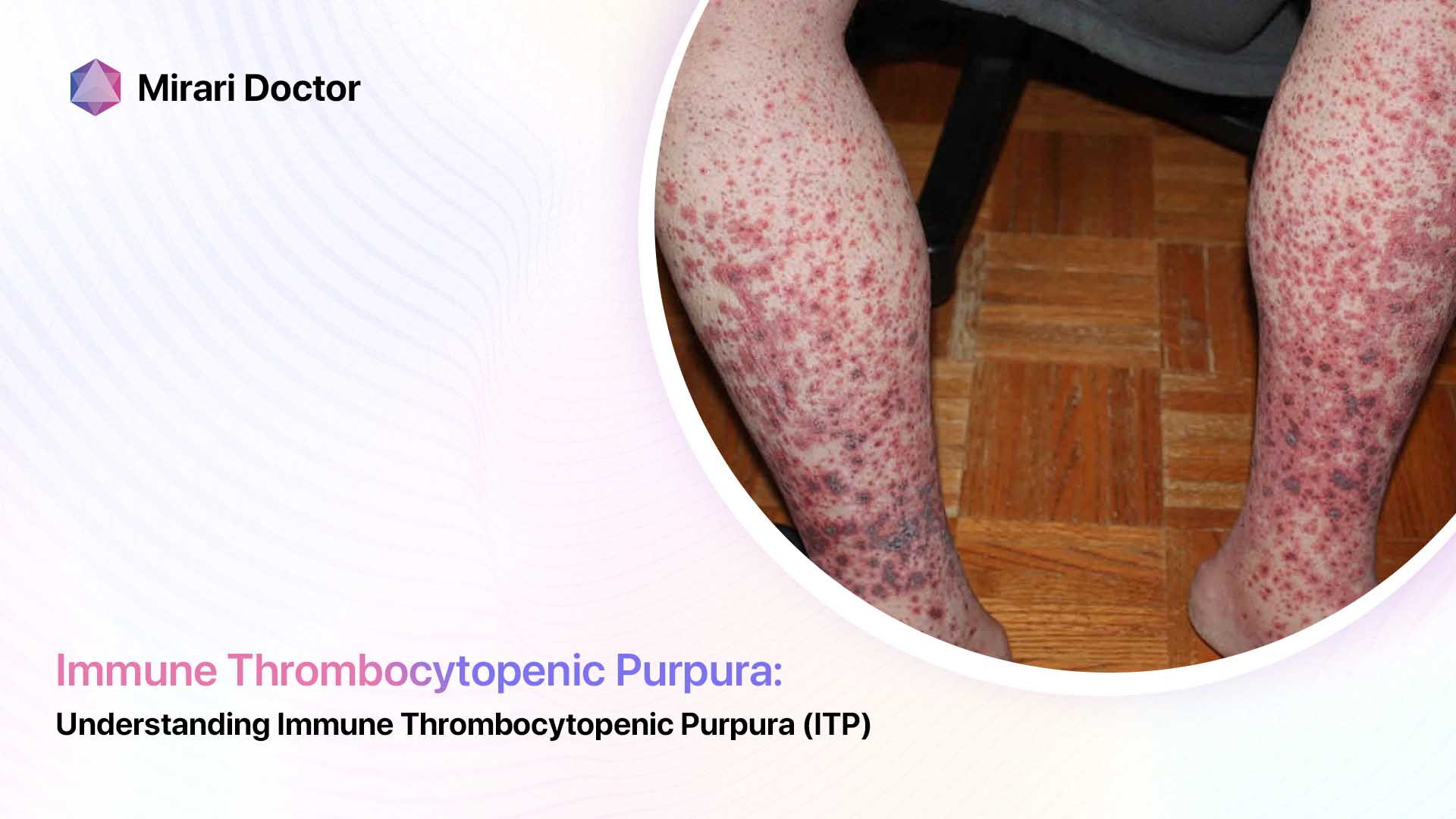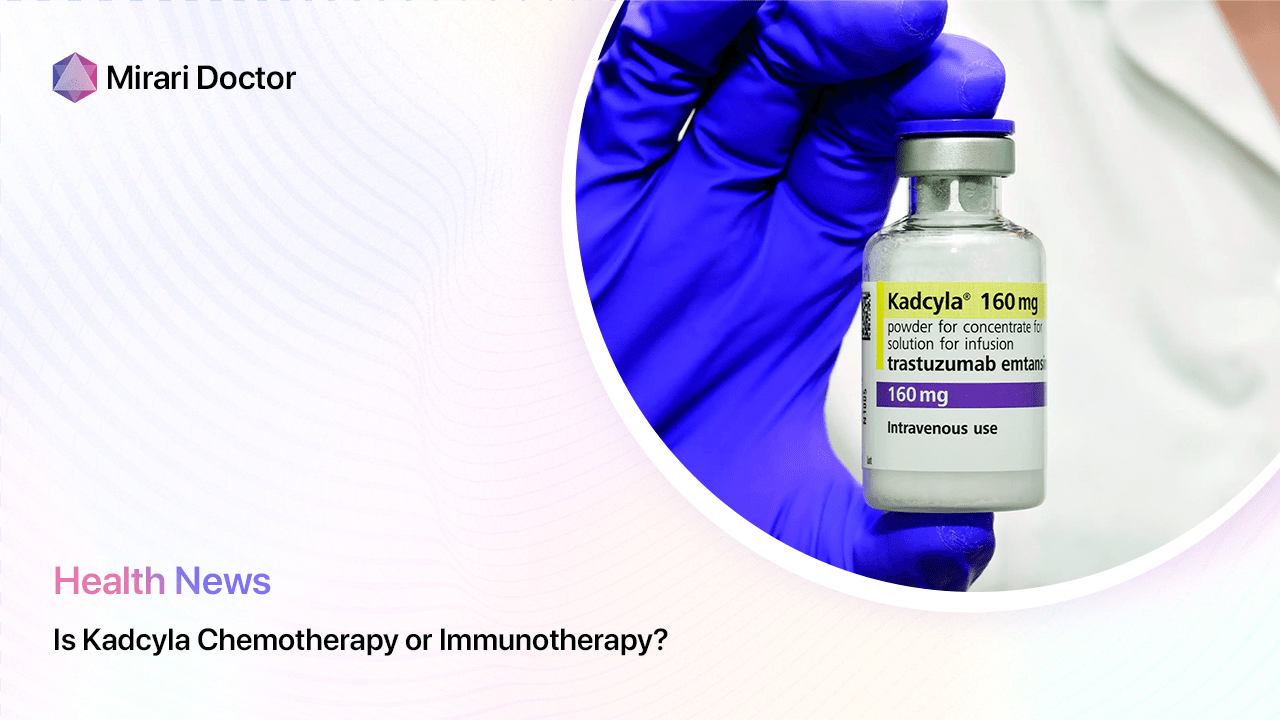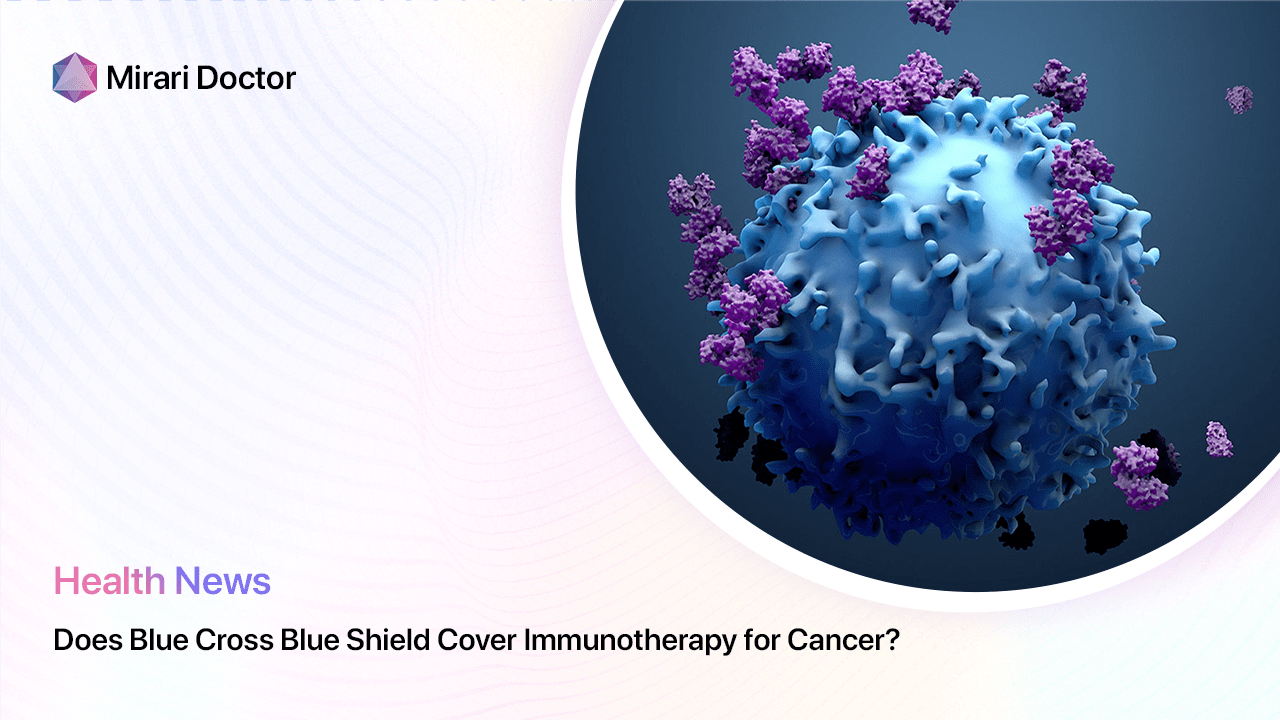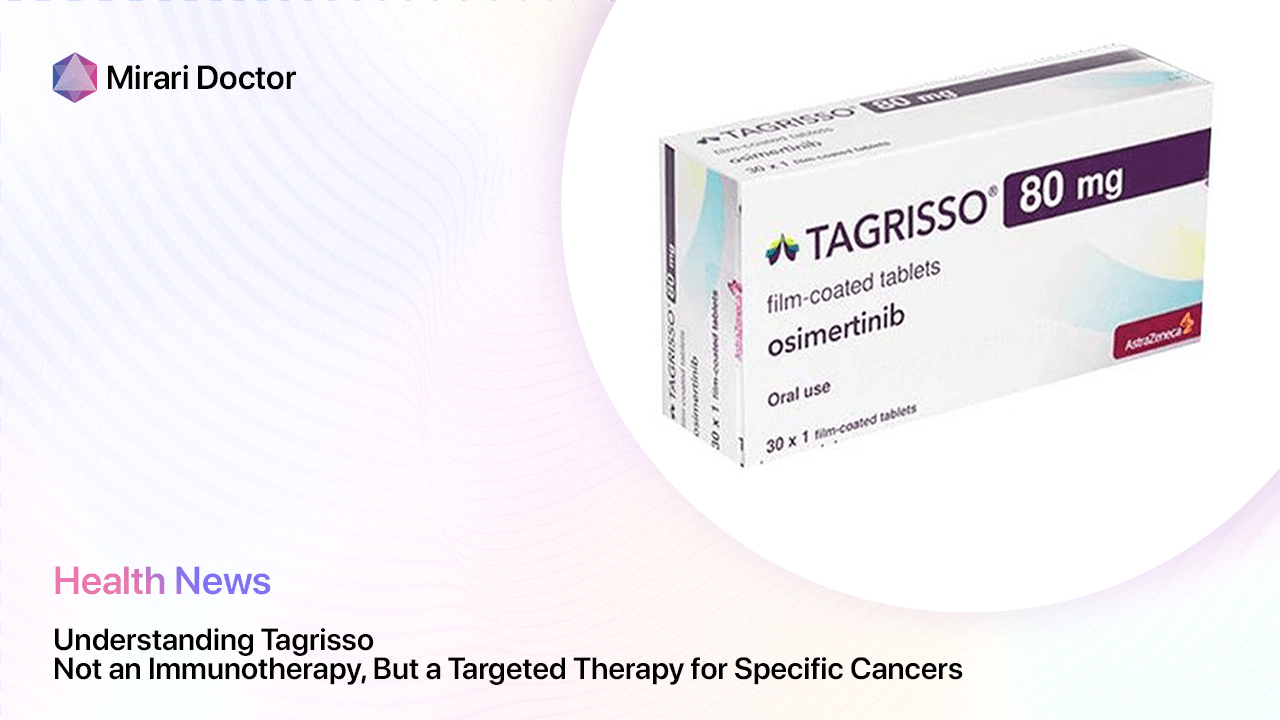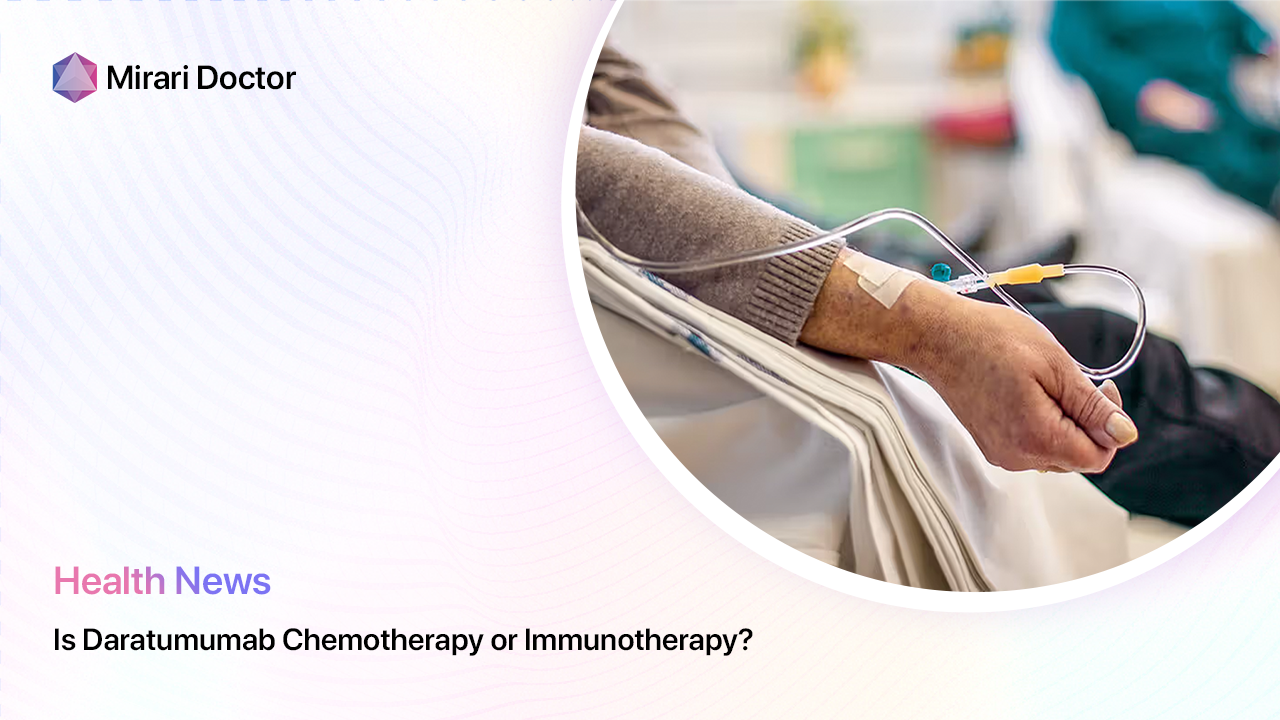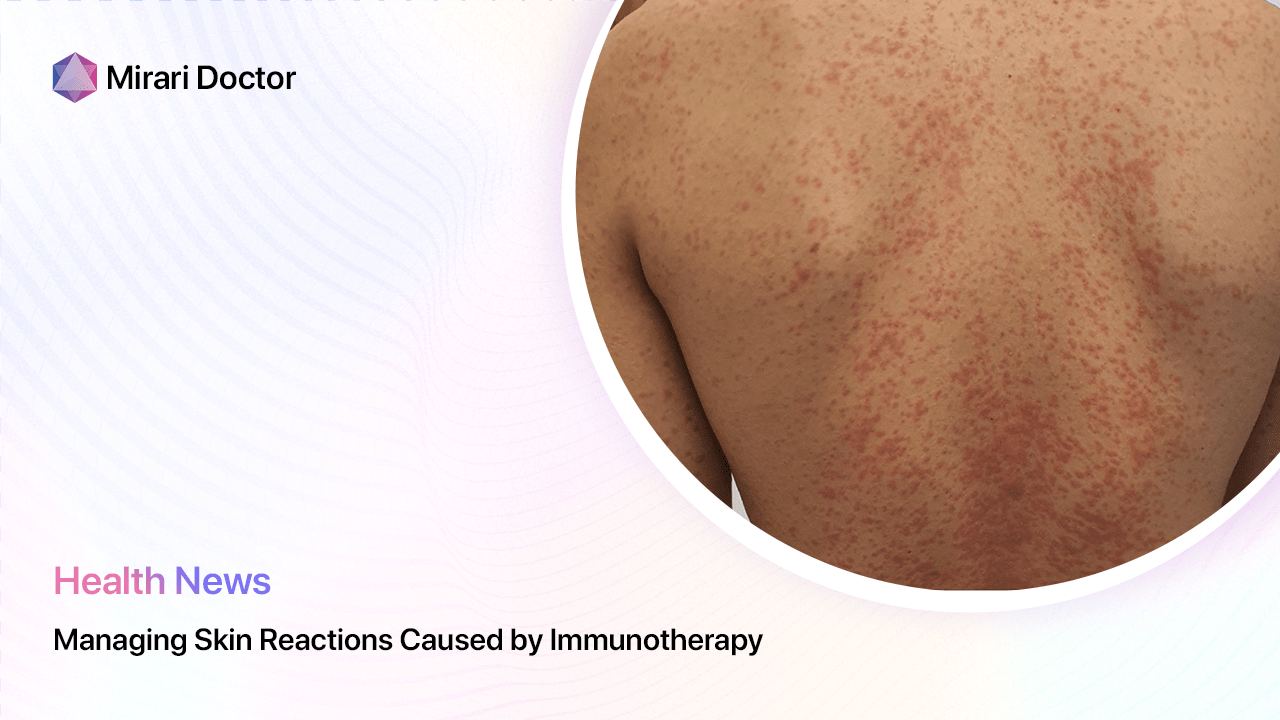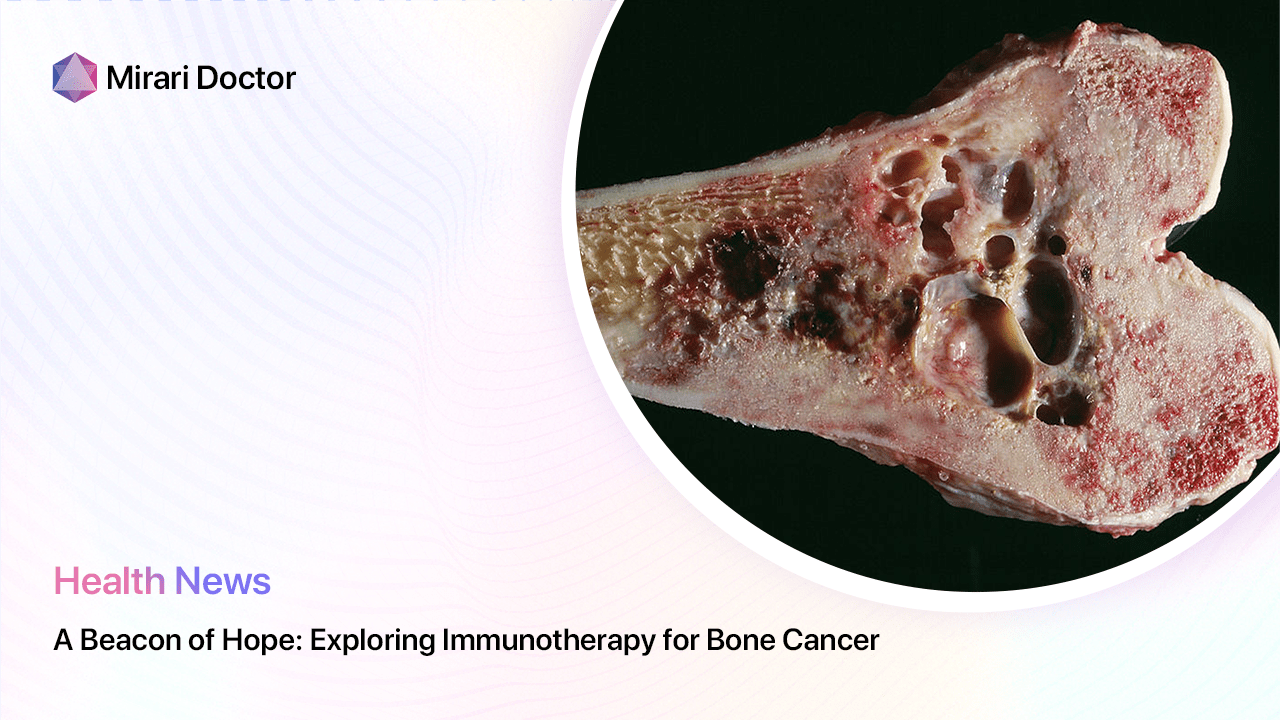
Did you know that nearly 40% of Americans between the ages of 18-35 have at least one tattoo?[1] Tattoos have become an increasingly popular form of self-expression. But for those undergoing immunotherapy to treat conditions like cancer or autoimmune diseases, the question arises: is it safe to get inked while your immune system is being modulated by medication? In this article, we’ll dive into what immunotherapy is, how it works, and most importantly – whether it’s advisable to get a tattoo while undergoing this type of treatment.
What is Immunotherapy?
Immunotherapy is a type of treatment that harnesses the power of a patient’s own immune system to fight diseases like cancer, autoimmune disorders, and even allergies.[2] Rather than directly attacking diseased cells like chemotherapy does, immunotherapy aims to stimulate, enhance, or suppress the immune system so it can work smarter and harder to eliminate threats.
There are several types of immunotherapy, including:
- Monoclonal antibodies
- Checkpoint inhibitors
- CAR T-cell therapy
- Cancer vaccines
- Cytokines
Each works in a slightly different way, but they all leverage components of the immune system like white blood cells to better recognize and destroy harmful cells while leaving healthy tissue unscathed.

How Does Immunotherapy Work?
To understand how immunotherapy works, let’s first review the basics of the immune system. This complex network of organs, cells, and signaling molecules constantly patrols the body for anything “foreign” – from invading bacteria to cells that have mutated and become cancerous. When a threat is detected, the immune system mounts a multi-pronged attack to neutralize and eliminate it.
However, sometimes the immune system needs a helping hand, especially when facing cunning opponents like cancer cells that have evolved ways to evade or suppress immune attacks. This is where immunotherapy comes in. By intervening at various points in the immune response, these therapies aim to give the immune system an advantage in recognizing and fighting disease.
For example:
- Monoclonal antibodies are lab-made proteins that can be designed to precisely target a specific molecule on cancer cells, flagging them for destruction by immune cells.[3]
- Checkpoint inhibitors work by “releasing the brakes” on T cells, a type of immune cell, enabling them to mount a stronger attack against cancer.[4]
- CAR T-cell therapy involves extracting a patient’s own T cells, genetically engineering them to target their specific cancer, and reinfusing them in greater numbers.[5]
- Cancer vaccines stimulate the immune system to recognize tumor-specific proteins and attack cancer cells bearing those markers.[6]
- Cytokines are signaling molecules that can be administered to broadly activate and enhance immune cell function.[7]
By leveraging these various mechanisms, immunotherapy has shown remarkable success in treating certain cancers and is a rapidly expanding field of research. However, modulating the immune system can also have unintended consequences, which leads us to the question at hand – how does immunotherapy impact the safety of getting a tattoo?
What Conditions Can Immunotherapy Treat?
1. Cancer
Immunotherapy has emerged as a game-changing treatment for many types of cancer. By enabling the immune system to mount a stronger, smarter attack on malignant cells, these therapies have extended survival and even produced cures in some patients with advanced disease.
Some of the cancers most successfully treated with immunotherapy include:
- Melanoma
- Non-small cell lung cancer
- Kidney cancer
- Bladder cancer
- Head and neck cancers
- Hodgkin lymphoma
Checkpoint inhibitors like pembrolizumab (Keytruda) and nivolumab (Opdivo) have proven particularly effective against melanoma, lung cancer, and several other tumor types.[8] These drugs work by blocking proteins that cancer cells use to suppress T cell activity, effectively “releasing the brakes” on the immune response.
CAR T-cell therapy has produced remarkable results in certain blood cancers like leukemia and lymphoma.[9] This approach involves extracting a patient’s T cells, genetically modifying them to target their specific cancer, and reinfusing them in greater numbers to overwhelm the disease.
Cancer vaccines, while not yet widely available, are another promising immunotherapy approach. These vaccines contain tumor proteins or other molecules to stimulate an immune response against cancer cells bearing those markers.[10]
2. Autoimmune Diseases
In autoimmune diseases, the immune system mistakenly attacks the body’s own tissues, leading to chronic inflammation and organ damage. Examples include rheumatoid arthritis, multiple sclerosis, lupus, and inflammatory bowel disease.
While immunosuppressive drugs have long been the mainstay of treatment for these conditions, newer immunotherapy approaches aim to more precisely regulate the immune response without broadly compromising its function.
One such strategy is the use of monoclonal antibodies that target specific inflammatory signaling molecules like tumor necrosis factor (TNF) or interleukins.[11] Drugs like adalimumab (Humira) and infliximab (Remicade) have revolutionized the treatment of rheumatoid arthritis and inflammatory bowel disease by interrupting these pro-inflammatory pathways.
Other experimental approaches aim to “re-educate” the immune system to tolerate the body’s own tissues through the use of immune cell-based therapies or vaccines.[12] While still in early stages, these strategies hold promise for restoring normal immune function in autoimmune diseases.
3. Allergies
Allergies result from an overactive immune response to typically harmless substances like pollen, pet dander, or certain foods. Immunotherapy, in the form of allergy shots or oral treatments, aims to desensitize the immune system to these triggers.
Allergy shots involve regular injections of small amounts of the allergen to stimulate the production of IgG antibodies, which help dampen the allergic IgE response over time.[13] Oral immunotherapy for food allergies works similarly, with gradually increasing doses of the allergen given under medical supervision to raise the threshold for allergic reaction.
Newer antibody therapies are also emerging for certain allergic conditions. For example, dupilumab (Dupixent) targets an inflammatory signaling molecule to reduce symptoms in eczema and asthma patients.[14]
While immunotherapy for allergies can provide long-term relief, it requires a significant time commitment and carries risks of adverse reactions that must be carefully managed by an allergist. Nonetheless, for many patients, it offers a path to reduced medication reliance and improved quality of life.
Can You Get a Tattoo While on Immunotherapy?
The short answer is: it depends. While there’s no absolute contraindication to getting a tattoo while receiving immunotherapy, there are some important risks and considerations to keep in mind.
First and foremost, it’s crucial to consult with your oncologist or treating physician before making any decisions about body modifications like tattoos. They can provide personalized guidance based on your specific treatment regimen, overall health status, and any other risk factors.
In general, the main concern with getting a tattoo while immunocompromised – whether due to immunotherapy drugs, chemotherapy, or the underlying condition itself – is the increased risk of infection.[15] Tattoos involve repeated puncturing of the skin with needles, creating an open wound that can serve as an entry point for bacteria or other pathogens.
While reputable tattoo parlors follow strict hygiene protocols to minimize this risk, even a small infection can become serious if your immune system is weakened. Infections in immunocompromised individuals may also be harder to treat and can lead to complications like sepsis.
Additionally, some immunotherapy drugs like checkpoint inhibitors can cause skin-related side effects such as rash, itching, or dryness.[16] Getting a tattoo in an area affected by these symptoms could further irritate the skin and impede healing.
Another factor to consider is the potential for tattoo ink allergies or reactions. While uncommon, some people may develop an allergic response to certain ink pigments, leading to chronic inflammation or scarring.[17] Since immunotherapy can modulate the immune system in unpredictable ways, it’s possible that it could increase the likelihood or severity of such reactions.
Rarely, tattoos have also been reported to trigger more serious adverse events in people receiving immunotherapy. In a few case reports, patients developed sarcoidosis (an inflammatory condition causing granulomas) or other systemic reactions confined to tattooed areas of skin.[18] While the mechanism is not entirely clear, it’s thought that the tattoo pigments may have stimulated a heightened immune response in these individuals.
So while getting a tattoo while on immunotherapy isn’t necessarily off-limits, it does carry some added risks that warrant careful consideration and discussion with your medical team. In many cases, the safest approach is to wait until you’ve completed treatment and your immune system has had time to recover before getting inked.
What are the Risks of Getting a Tattoo While on Immunotherapy?
As we’ve touched on, the primary risks of getting a tattoo while immunocompromised due to immunotherapy include:
- Infection: Tattoos create an open wound that can allow bacteria to enter the body, which is particularly dangerous if your immune system is weakened and less able to fight off pathogens. Infections can range from mild skin irritation to more serious systemic illnesses.
- Allergic reactions: Some people may develop an allergic response to tattoo ink pigments, which could be exacerbated by the immune-modulating effects of immunotherapy drugs. Symptoms can include chronic inflammation, itching, or scarring at the tattoo site.
- Skin irritation: Certain immunotherapy drugs, particularly checkpoint inhibitors, can cause skin side effects like rash or dryness. Getting a tattoo in an affected area could worsen these symptoms and delay healing.
- Systemic inflammation: In rare cases, tattoos have been reported to trigger more widespread inflammatory reactions like sarcoidosis in patients receiving immunotherapy. While the risk is low, it’s a potential complication to be aware of.
- Impaired healing: Immunotherapy drugs may interfere with the normal wound healing process, potentially leading to prolonged recovery time or complications after tattooing.
It’s important to weigh these risks carefully and discuss them with your doctor before deciding to get a tattoo while on immunotherapy. In some cases, the benefits of self-expression and body art may outweigh the potential downsides, but this is a highly individual decision that requires careful consideration of your unique medical situation.
What Are the Alternatives to Getting a Tattoo While on Immunotherapy?
If you’re eager to express yourself through body art but are concerned about the risks of traditional tattooing while immunocompromised, there are some alternatives to consider:
- Temporary tattoos: Henna, jagua, or other plant-based temporary tattoos can provide a similar aesthetic effect without puncturing the skin. Just be sure to do a patch test first to ensure you don’t have an allergic reaction to the dye.
- Airbrush tattoos: These tattoos are applied using an airbrush machine and typically last a few days to a week. While not as long-lasting as traditional ink, they can be a fun way to experiment with different designs risk-free.
- Tattoo-inspired accessories: From jewelry to clothing to stick-on tattoos, there are plenty of ways to rock a tattoo-inspired look without the permanence or potential complications of the real thing.
- Wait until after treatment: In many cases, the safest approach is simply to wait until you’ve completed immunotherapy and given your body time to recover before getting a tattoo. This may require some patience, but it can help ensure a better healing process and reduce the risk of complications.
Ultimately, the decision of whether and how to express yourself through body art while on immunotherapy is a personal one that should be made in close consultation with your medical team. They can provide guidance on timing, safety precautions, and alternatives based on your individual health status and treatment plan.
How Long Do You Have to Wait After Immunotherapy to Get a Tattoo?
If you’ve decided to hold off on getting a tattoo until after completing immunotherapy, you may be wondering how long you need to wait before it’s safe to proceed. As with many aspects of cancer care, the answer is somewhat individual and depends on several factors.
In general, most doctors recommend waiting at least 6-12 months after finishing immunotherapy before getting a tattoo.[19] This allows time for your immune system to recover and reduces the risk of complications like infection or impaired healing.
However, the exact timeline may vary depending on the specific immunotherapy drugs you received, the duration of treatment, and your overall health status. Some people may need to wait longer, particularly if they experienced severe side effects or have ongoing medical issues.
It’s also important to consider the timing of any planned surgeries or radiation therapy, as these can further impact wound healing and infection risk. Your doctor may advise waiting several months after these procedures before getting a tattoo.
Ultimately, the best approach is to have an open conversation with your oncologist or dermatologist about your desire for a tattoo and work together to determine an appropriate timeline based on your unique situation. They may also recommend taking additional precautions, such as using a special protective dressing or avoiding tattoos in certain areas of the body.
What Factors Can Affect the Waiting Period?
Several variables can influence how long you need to wait after immunotherapy before getting a tattoo, including:
- Type and duration of immunotherapy: Different immunotherapy drugs have varying effects on the immune system and may require different recovery times. For example, checkpoint inhibitors like pembrolizumab or nivolumab may have longer-lasting impacts than some other types of immunotherapy.
- Side effects: If you experienced severe or prolonged side effects from immunotherapy, particularly skin-related symptoms like rash or itching, your doctor may recommend a longer waiting period to allow for complete healing.
- Overall health status: Your general health, including any comorbidities or ongoing medical issues, can affect your body’s ability to heal and fight infection. People with diabetes, peripheral artery disease, or other conditions that impair circulation may need to take extra precautions or wait longer before getting a tattoo to reduce the risk of complications.
- Age and immune function: Older adults or those with weakened immune systems due to factors like chronic illness or immunosuppressive medications may require a longer recovery period after immunotherapy before their immune function returns to a level that can handle the stress of tattooing.
- Timing of other treatments: If you’ve had recent surgery, radiation therapy, or other procedures that can affect wound healing, your doctor may advise waiting several months before getting a tattoo to allow your body adequate time to recover.
- Tattoo location and size: The placement and size of your desired tattoo can also impact the recommended waiting period. Tattoos on areas with poor circulation, like the lower legs or feet, may require a longer healing time and carry a higher risk of complications in immunocompromised individuals.
Considering these factors, it’s clear that the decision of when to get a tattoo after immunotherapy is a highly individual one that should be made in close consultation with your medical team. They can help you weigh the risks and benefits based on your unique health status and treatment history, and develop a personalized plan to ensure the safest possible tattooing experience.

What Precautions Should You Take Before Getting a Tattoo While on Immunotherapy?
If you and your doctor have determined that it’s safe for you to get a tattoo while on immunotherapy, there are still several important precautions you should take to minimize the risk of complications and ensure the best possible outcome.
1. Consult Your Doctor
Before making any final decisions or scheduling a tattoo appointment, it’s crucial to have a detailed conversation with your oncologist or dermatologist about your plans. They can provide personalized guidance on timing, placement, and aftercare based on your specific immunotherapy regimen and overall health status.
Some key points to discuss with your doctor include:
- Your current immune function and any recent lab results
- The type, duration, and side effects of your immunotherapy treatment
- Any other medications or health conditions that could affect healing
- The location, size, and design of your desired tattoo
- Recommended precautions or special aftercare instructions
Your doctor may also want to perform a physical exam or order additional tests to ensure you’re in the best possible health before getting a tattoo. Be sure to follow their advice closely and don’t hesitate to ask questions or voice any concerns you may have.
2. Choose a Reputable Tattoo Artist
Selecting a qualified, experienced tattoo artist who follows strict hygiene and safety protocols is always important, but it’s especially critical for people with compromised immune systems. Look for a licensed practitioner who works in a clean, professional studio and has experience tattooing individuals with medical conditions.
Some key factors to consider when choosing a tattoo artist include:
- Proper licensing and certification
- Sterile equipment and single-use needles
- Adherence to universal precautions like glove-wearing and surface disinfection
- Knowledge of bloodborne pathogens and infection control
- Experience working with immunocompromised clients
- Willingness to communicate with your medical team if needed
Don’t be afraid to ask questions or request documentation of the artist’s credentials and safety practices. A reputable practitioner will be happy to provide this information and address any concerns you may have.
3. Follow Proper Aftercare Instructions
Caring for your new tattoo properly is essential to prevent infection and ensure optimal healing, especially when your immune system may be weakened by immunotherapy. Your tattoo artist should provide you with detailed aftercare instructions, which may include:
- Keeping the tattoo clean and dry for the first 24-48 hours
- Gently washing the area with fragrance-free soap and lukewarm water
- Applying a thin layer of unscented lotion or ointment as directed
- Avoiding sun exposure, swimming, or soaking the tattoo until fully healed
- Monitoring for signs of infection like redness, swelling, or discharge
In addition to these general guidelines, your doctor may recommend additional precautions based on your specific medical situation. For example, they may advise using a special protective dressing or avoiding tattoos in certain areas of the body.
Be sure to follow all aftercare instructions closely and contact your doctor immediately if you notice any signs of infection or other complications. With proper planning, preparation, and aftercare, it’s possible to safely enjoy the art of tattooing while on immunotherapy – but it’s crucial to prioritize your health and work closely with your medical team throughout the process.
Conclusion
Getting a tattoo while on immunotherapy is a complex decision that requires careful consideration of the potential risks and benefits. While there’s no absolute contraindication, the immune-modulating effects of these drugs can increase the likelihood of complications like infection, allergic reaction, or impaired healing.
The safest approach for most people is to wait until they’ve completed immunotherapy and given their body time to recover before getting inked. However, if you do decide to proceed with a tattoo during treatment, it’s crucial to work closely with your medical team to develop a personalized plan that minimizes risk and ensures the best possible outcome.
This may involve taking extra precautions like choosing a small, simple design in a low-risk area of the body, selecting an experienced tattoo artist who follows strict hygiene protocols, and following detailed aftercare instructions to promote optimal healing.
Ultimately, the decision to get a tattoo while immunocompromised is a highly individual one that requires weighing the potential risks against the personal benefits of self-expression and body art. By having open, honest conversations with your doctor and taking a thoughtful, informed approach, you can make the choice that’s right for you and your unique health needs.
Takeaways
- Immunotherapy drugs can modulate the immune system in ways that may increase the risk of complications from tattooing, such as infection, allergic reaction, or impaired healing.
- The safest approach for most people is to wait at least 6-12 months after completing immunotherapy before getting a tattoo, to allow the immune system time to recover.
- Factors like the type and duration of immunotherapy, side effects, overall health status, and timing of other treatments can all impact the recommended waiting period.
- If you do decide to get a tattoo while on immunotherapy, it’s crucial to consult closely with your doctor, choose a reputable tattoo artist who follows strict safety protocols, and follow all recommended aftercare instructions.
- Alternatives to traditional tattooing, such as temporary or henna tattoos, may be a safer option for some people who are immunocompromised.
- Ultimately, the decision to get a tattoo while on immunotherapy is a highly individual one that requires careful consideration of the potential risks and benefits in close consultation with your medical team.
FAQs
Can cancer patients get a tattoo?
In general, cancer patients can get tattoos, but the timing and safety precautions may vary depending on individual factors like the type and stage of cancer, treatments received, and overall health status. It’s crucial to consult with your oncologist before making any decisions about tattooing.
Is it safe to get a tattoo while on immunosuppressants?
Getting a tattoo while on immunosuppressive drugs carries some added risks, such as increased susceptibility to infection or impaired healing. However, with proper precautions and close consultation with your doctor, it may be possible to safely get a tattoo in some cases. The decision should be made on an individual basis weighing the potential risks and benefits.
Does a tattoo affect your immune system?
Getting a tattoo does stimulate an immune response as your body works to heal the wound and protect against infection. In most healthy people, this temporary activation of the immune system is not a problem. However, for individuals with compromised immune function due to illness or medical treatments, the added stress of tattooing could potentially lead to complications.
How long after chemo can I get tattooed?
The recommended waiting period after chemotherapy before getting a tattoo varies depending on individual factors like the type and duration of chemo, overall health status, and any ongoing side effects. In general, most doctors advise waiting at least 6-12 months to allow the immune system time to recover, but it’s important to consult with your oncologist for personalized guidance.
Who shouldn’t get a tattoo?
People who may be advised to avoid tattoos or take extra precautions include those with compromised immune systems due to conditions like cancer, HIV/AIDS, or diabetes; individuals on immunosuppressive medications; people with bleeding disorders or prone to keloid scarring; and anyone with active skin infections or open wounds in the area to be tattooed. Pregnant or breastfeeding women are also generally advised to wait on getting tattoos.
References
- Statista. (2019). Share of Americans with at least one tattoo in 2019, by age group. https://www.statista.com/statistics/259601/share-of-americans-with-at-least-one-tattoo-by-age/
- National Cancer Institute. (2019). Immunotherapy to Treat Cancer. https://www.cancer.gov/about-cancer/treatment/types/immunotherapy
- Zahavi, D., & Weiner, L. (2020). Monoclonal Antibodies in Cancer Therapy. Antibodies, 9(3), 34. https://doi.org/10.3390/antib9030034
- Hargadon, K. M., Johnson, C. E., & Williams, C. J. (2018). Immune checkpoint blockade therapy for cancer: An overview of FDA-approved immune checkpoint inhibitors. International immunopharmacology, 62, 29–39. https://doi.org/10.1016/j.intimp.2018.06.001
- Boyiadzis, M. M., Dhodapkar, M. V., Brentjens, R. J., Kochenderfer, J. N., Neelapu, S. S., Maus, M. V., Porter, D. L., Maloney, D. G., Grupp, S. A., Mackall, C. L., June, C. H., & Bishop, M. R. (2018). Chimeric antigen receptor (CAR) T therapies for the treatment of hematologic malignancies: clinical perspective and significance. Journal for immunotherapy of cancer, 6(1), 137. https://doi.org/10.1186/s40425-018-0460-5
- Hollingsworth, R. E., & Jansen, K. (2019). Turning the corner on therapeutic cancer vaccines. NPJ vaccines, 4, 7. https://doi.org/10.1038/s41541-019-0103-y
- Lee, S., & Margolin, K. (2011). Cytokines in cancer immunotherapy. Cancers, 3(4), 3856–3893. https://doi.org/10.3390/cancers3043856
- Vaddepally, R. K., Kharel, P., Pandey, R., Garje, R., & Chandra, A. B. (2020). Review of Indications of FDA-Approved Immune Checkpoint Inhibitors per NCCN Guidelines with the Level of Evidence. Cancers, 12(3), 738. https://doi.org/10.3390/cancers12030738
- Lesch, S., Benmebarek, M. R., Cadilha, B. L., Stoiber, S., Subklewe, M., & Endres, S. (2019). Determinants of response and resistance to CAR T cell therapy. Seminars in cancer biology, 65, 80–90. https://doi.org/10.1016/j.semcancer.2019.11.004
- Hollingsworth, R. E., & Jansen, K. (2019). Turning the corner on therapeutic cancer vaccines. NPJ vaccines, 4, 7. https://doi.org/10.1038/s41541-019-0103-y
- Rosman, Z., Shoenfeld, Y., & Zandman-Goddard, G. (2013). Biologic therapy for autoimmune diseases: an update. BMC medicine, 11, 88. https://doi.org/10.1186/1741-7015-11-88
- Pozsgay, J., Szekanecz, Z., & Sármay, G. (2017). Antigen-specific immunotherapies in rheumatic diseases. Nature reviews. Rheumatology, 13(9), 525–537. https://doi.org/10.1038/nrrheum.2017.107
- Passalacqua, G., Bagnasco, D., Ferrando, M., Heffler, E., Puggioni, F., Canonica, G. W., & Canonica, G. W. (2018). Current insights in allergen immunotherapy. Annals of allergy, asthma & immunology : official publication of the American College of Allergy, Asthma, & Immunology, 120(2), 152–154. https://doi.org/10.1016/j.anai.2017.12.003
- Sastre, J., & Dávila, I. (2018). Dupilumab: A New Paradigm for the Treatment of Allergic Diseases. Journal of investigational allergology & clinical immunology, 28(3), 139–150. https://doi.org/10.18176/jiaci.0254
- Kluger, N., Seité, S., Taieb, C., & Vouldoukis, I. (2017). Tattoos: Natural history and histopathology of cutaneous reactions. Annales de dermatologie et de venereologie, 144(2), 146–154. https://doi.org/10.1016/j.annder.2016.09.039
- Sibaud, V., Boulinguez, S., Pagès-Lhéritier, C., Lamant, L., Lacouture, M. E., & Meyer, N. (2020). Dermatologic Adverse Events of Immune Checkpoint Inhibitors: A Comprehensive Review. American journal of clinical dermatology, 21(5), 611–627. https://doi.org/10.1007/s40257-020-00527-x
- Kluger N. (2017). Tattoo-associated uveitis with or without systemic sarcoidosis: a comparative review of the literature. Journal of the European Academy of Dermatology and Venereology : JEADV, 31(11), 1852–1861. https://doi.org/10.1111/jdv.14470
- Ali, S. M., Gilliam, A. C., & Brodell, R. T. (2008). Sarcoidosis appearing in a tattoo. Journal of cutaneous medicine and surgery, 12(1), 43–48. https://doi.org/10.2310/7750.2008.07049
- Kluger N. (2016). Tattoos and medical oncology: TATTOO-ONCOLOGY. Current problems in dermatology, 52, 88–94. https://doi.org/10.1159/000446379
Related articles
Made in USA


